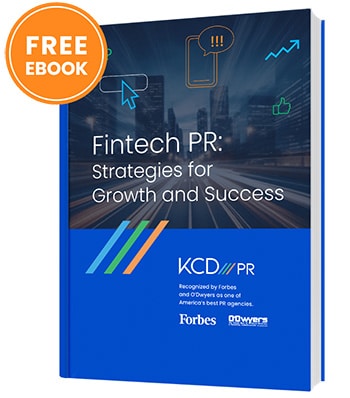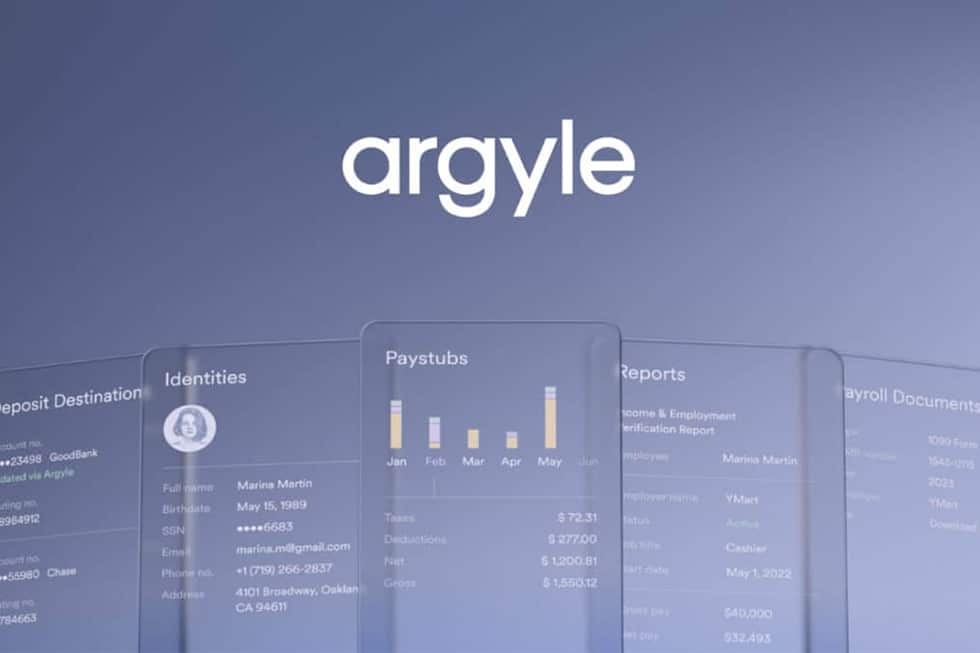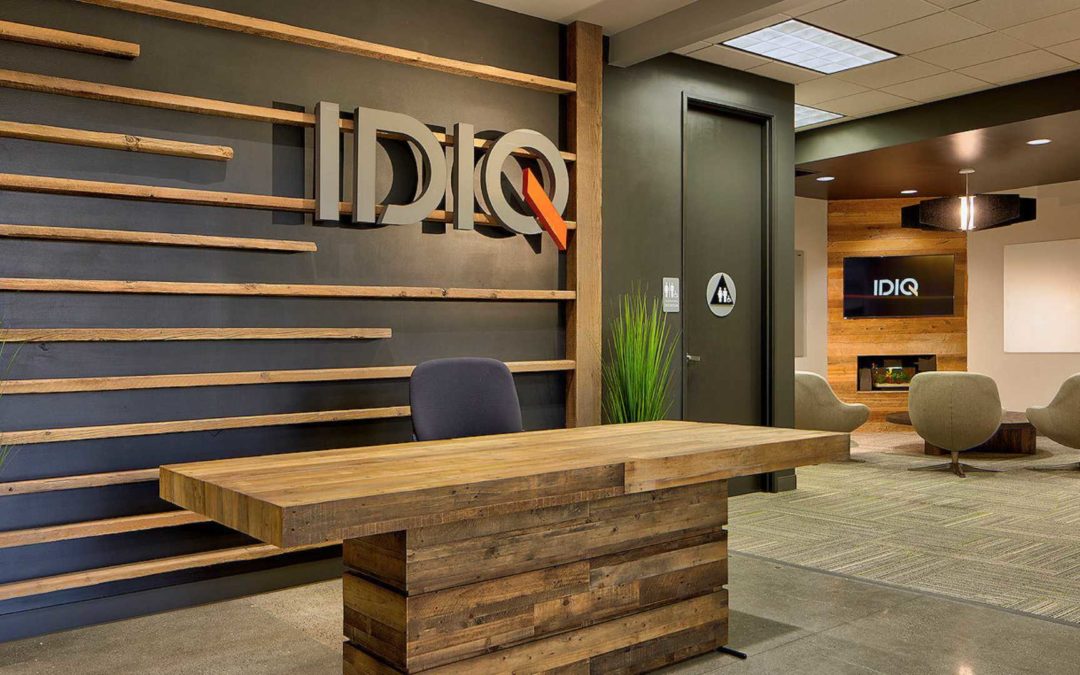Economic tensions are high across the U.S. this year. Key factors like increasing geopolitical issues, rising interest rates, and the ongoing student loan debate tightening the proverbial economic rope.
But inflation is a chief factor, if not the chief factor.
Inflation recently hit a 40-year high in the US, and as the Federal Reserve raises rates to combat inflation, markets have reacted strongly, and consumer demand has shifted. Businesses are being forced to adapt to this uncertain economic environment.
To cope with inflation, companies across all industries are creating strategies to reduce costs, boost efficiencies, and retain customers.
Fighting inflation in banking
Many institutions are focused on strategic sales promotions to increase deposits and cross-sell additional products. With less demand for big-ticket consumer items like homes and cars because of inflation, banks are ramping up offers to incentivize customers to open high-yield savings accounts or certificates of deposit (CDs). For example, our client California Bank & Trust is currently offering an attractive 5.15% APY on 11-month CDs to draw in deposits.
Banks are also still seeing leftover effects of the banking collapses earlier this year—which was in part driven by inflation. Many banks, especially mid-size banks, are offloading loans and scrutinizing their portfolios more carefully. Some are planning for future risks by stockpiling additional funds.
Fighting inflation in tech
The technology sector, including fintech companies, is also feeling the impacts of inflation and rising rates. Venture capital funding has slowed dramatically. Funding declined over 30% in 2022 compared to 2021, and it decreased again in Q2 of 2023 with business and financial services declining over 45%, according to EY.
This is forcing many startups to cut costs or even lay off employees. Large tech firms are feeling the pressure too with widely reported lay-offs at various companies including Meta and Microsoft. Hiring freezes, real estate downsizing, and budget tightening are all on the table for both large and small businesses.
Using A.I. to fight inflation
Across most industries, one strategy that is gaining steam is investment in artificial intelligence. A.I. has seen a lot more money this year then most industries combined. While the general tech industry seems to be slowing down, AI tech has only been gaining speed. Nvidia’s recent $13 billion dollar profit was called the “bellwether for the AI boom,” even after historic investments in AI came from Google and Microsoft earlier this year.
Apart from general investment, companies are finding more ways to integrate AI into daily operations to differentiate themselves and retain customers. Financial institutions are increasingly adopting AI tools for everything from fraud detection to personalization of banking services. AI can automate an array of processes to optimize operations—a feature that most prominently seen in the technology sector. Even before AI became the hot topic of the summer, many tech and retail companies were using AI to enhance customer experiences.
But will AI continue to see financial success, or will the pressures of inflation also come to slow it down?
Either way, financial markets and the economy move in cycles, so this inflationary period will eventually pass. But in the interim, agility and innovation will be vital. Companies that can adapt to benefit customers and manage costs will emerge stronger on the other side.






